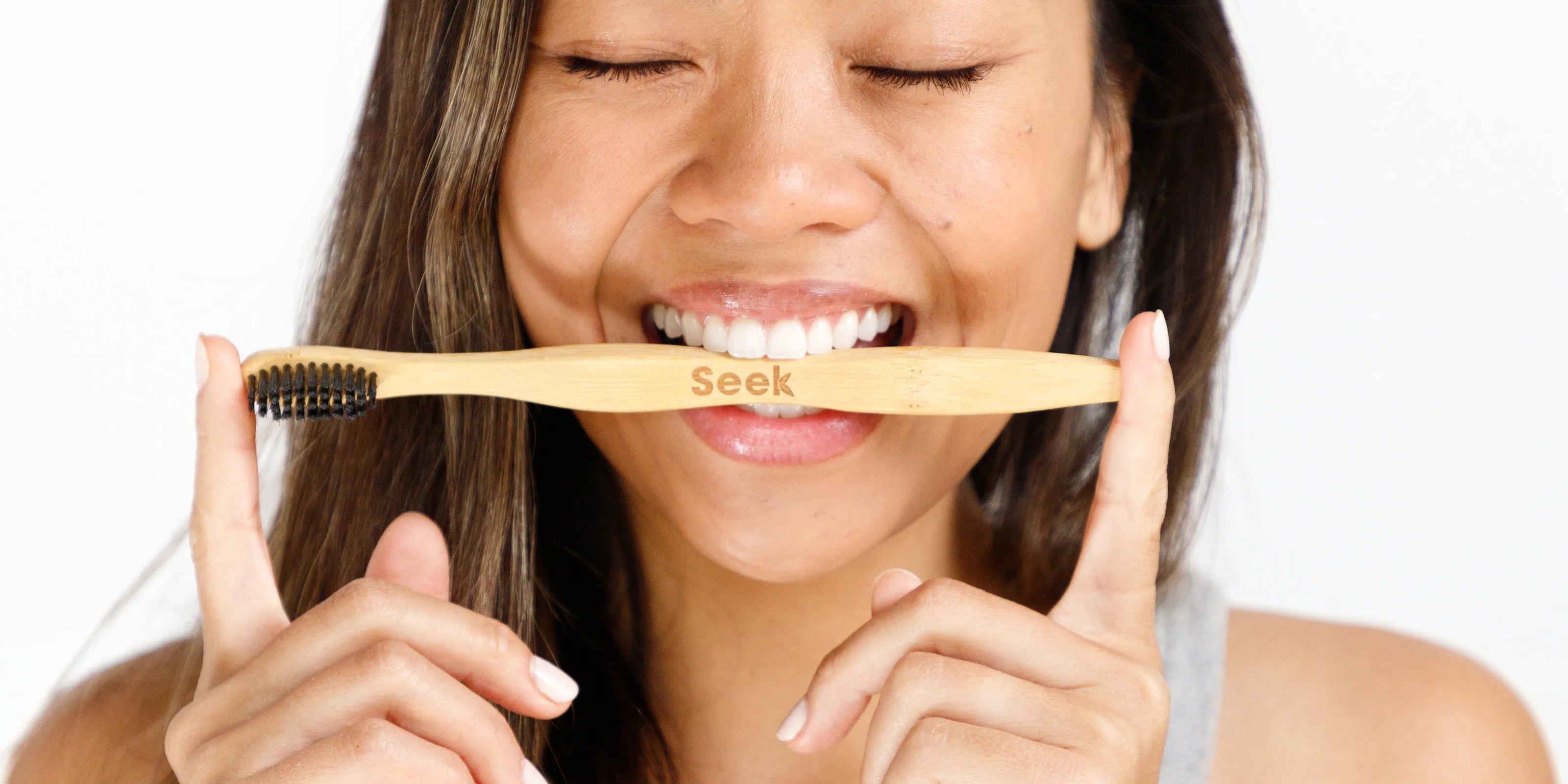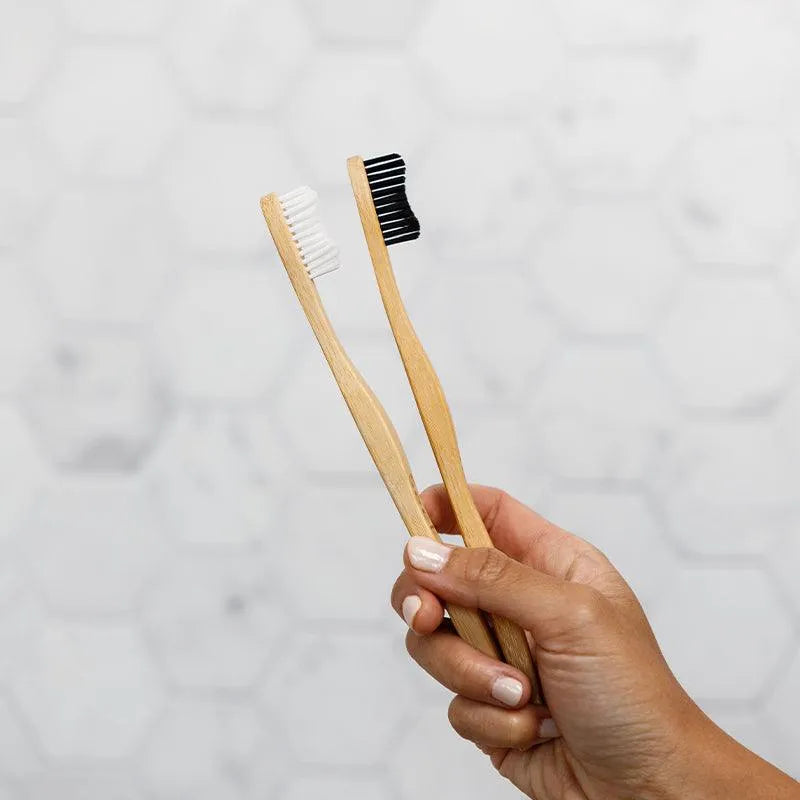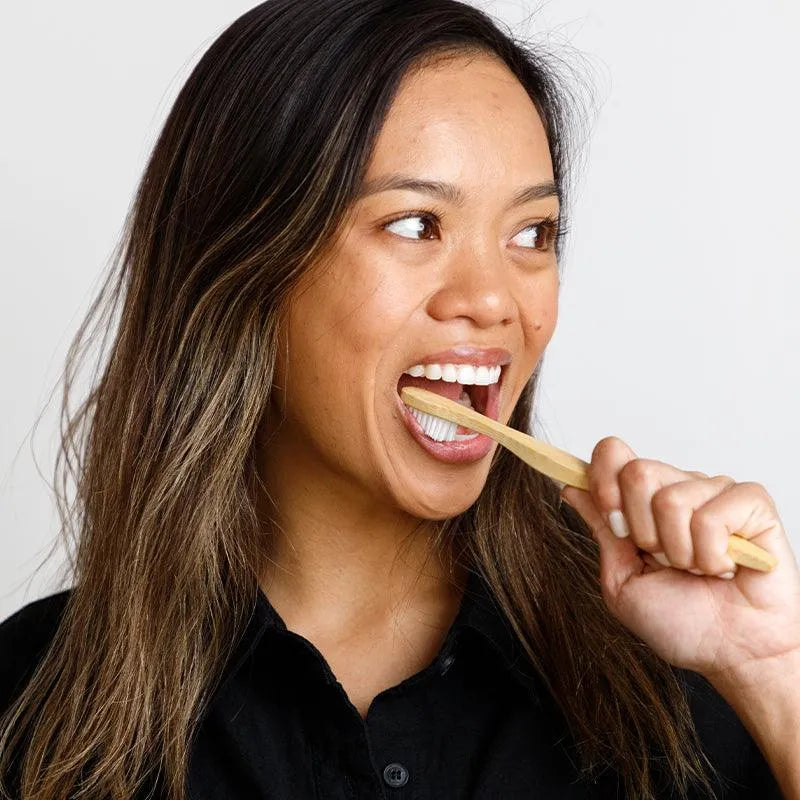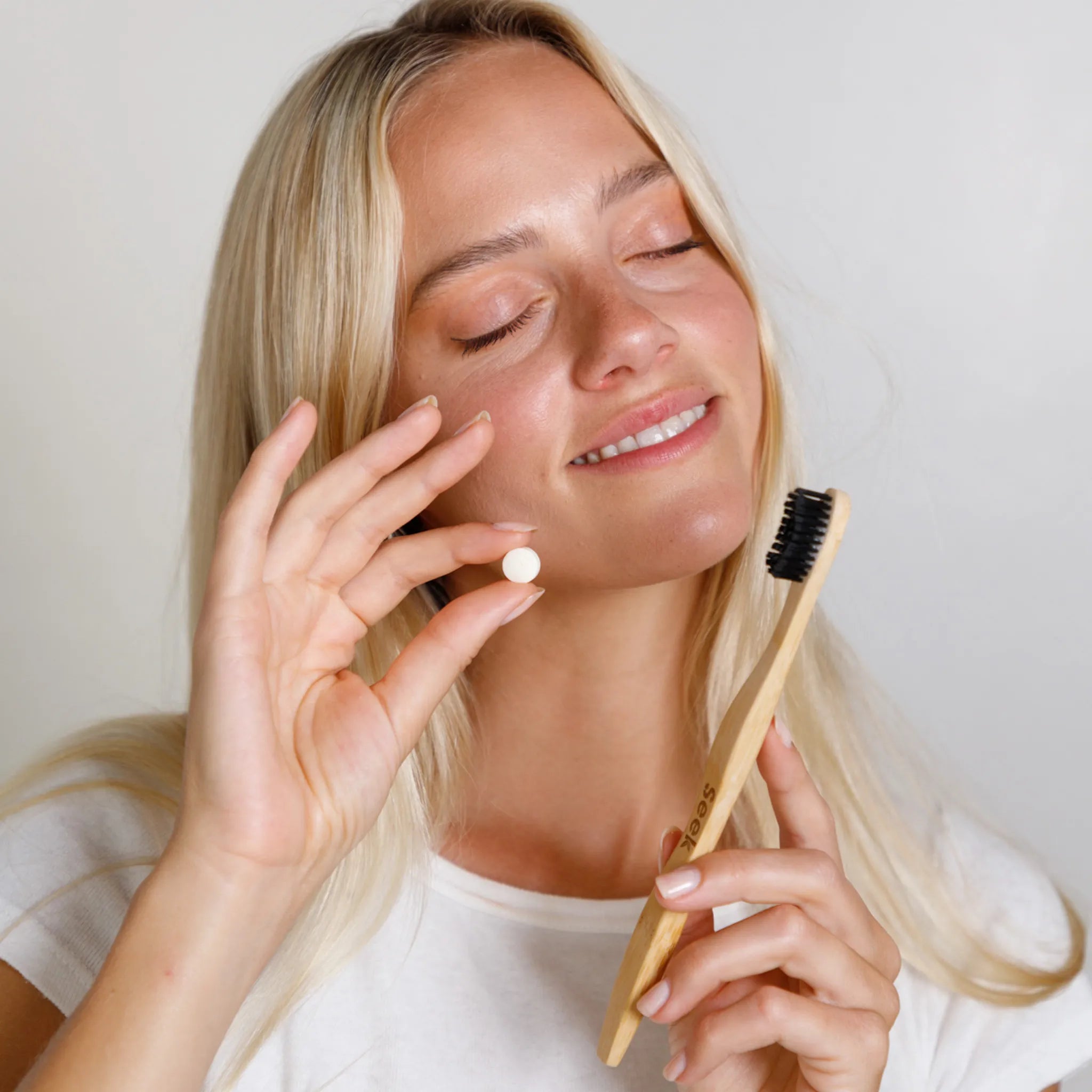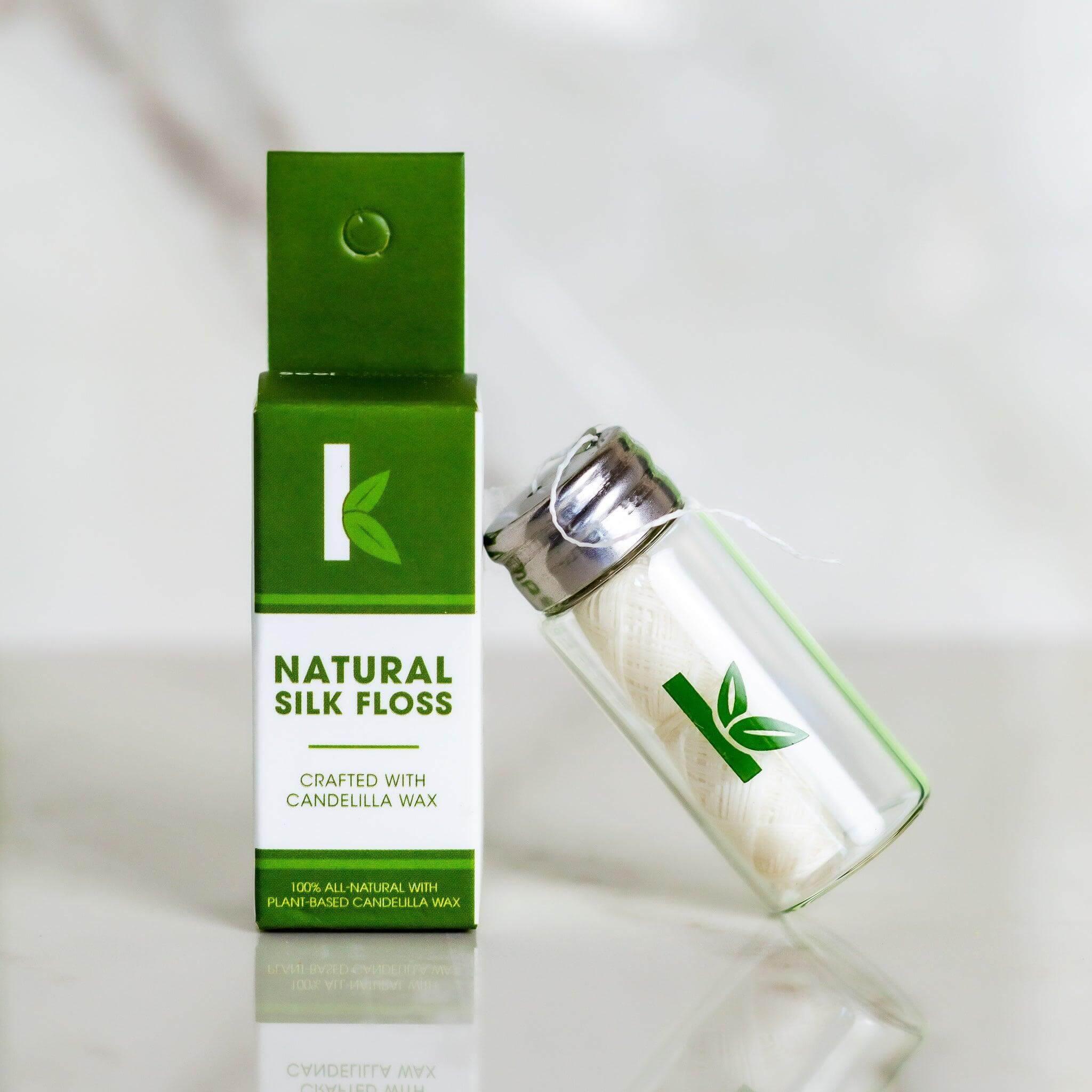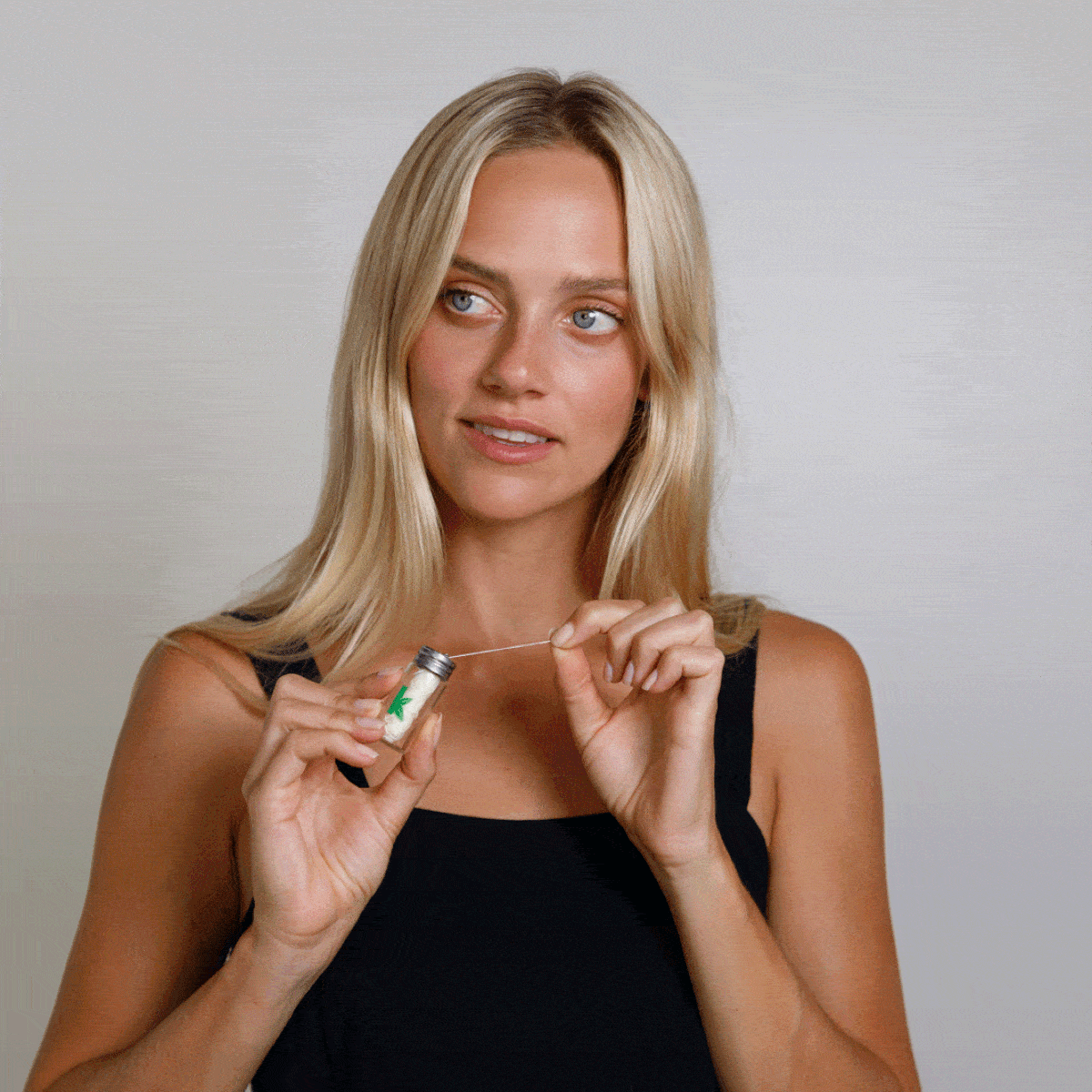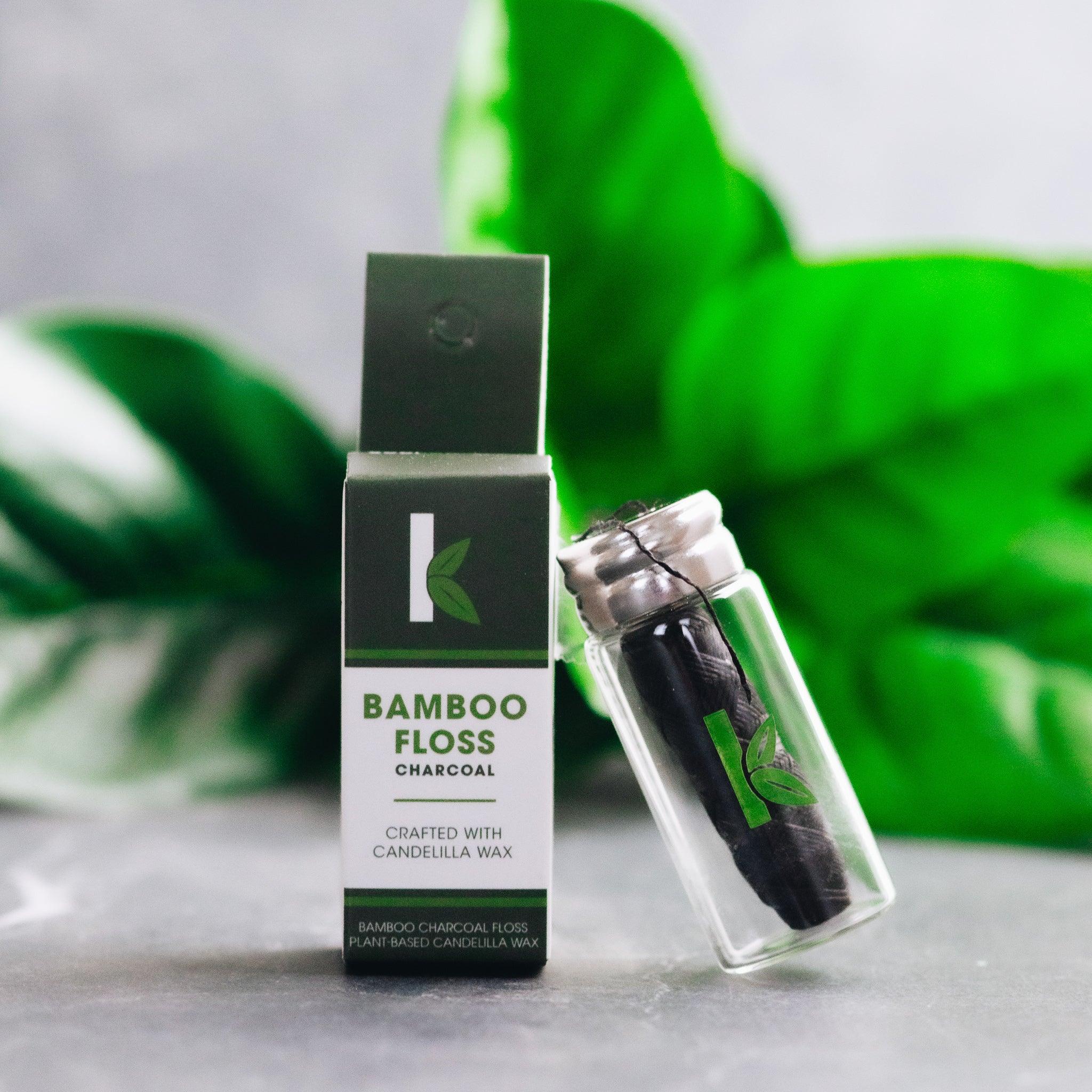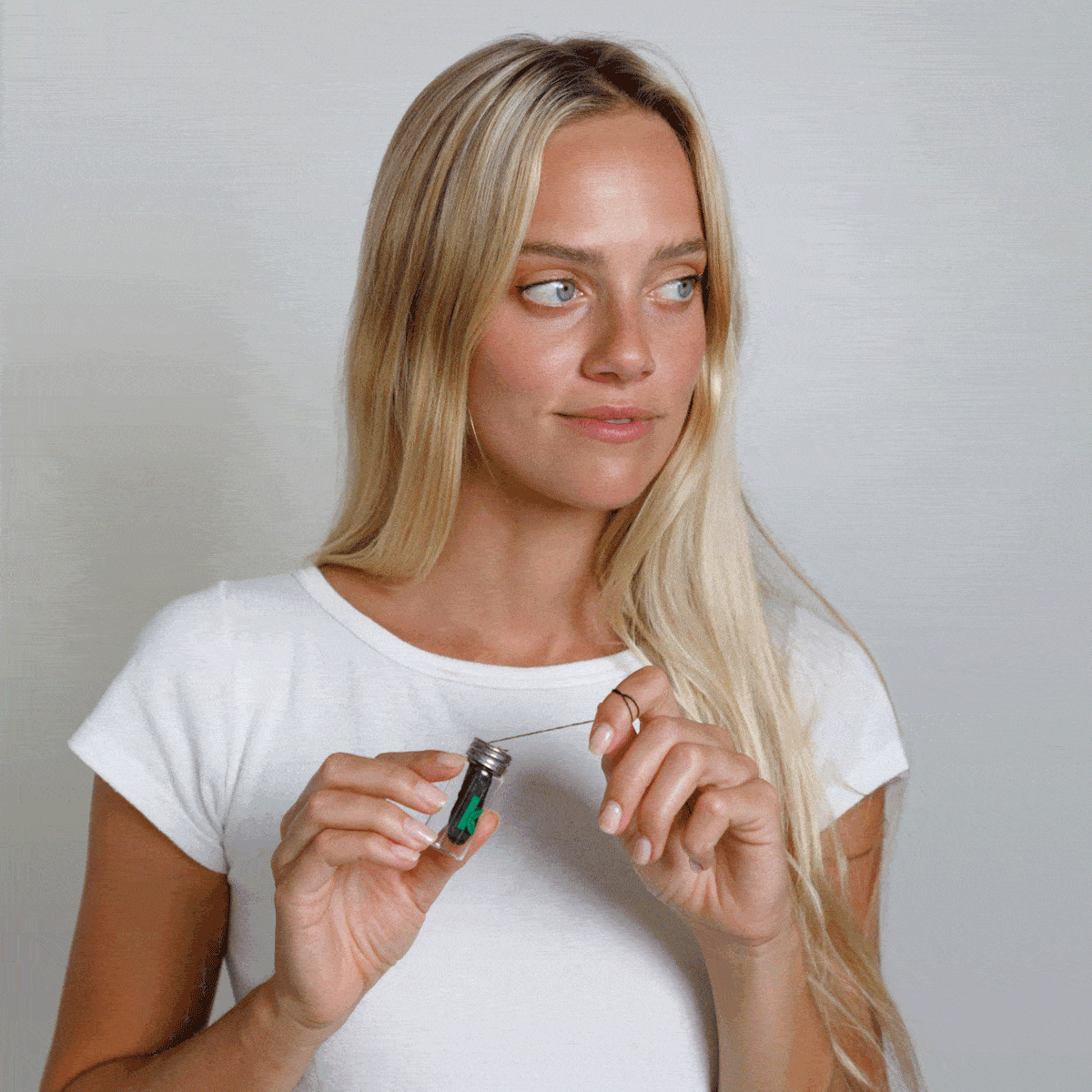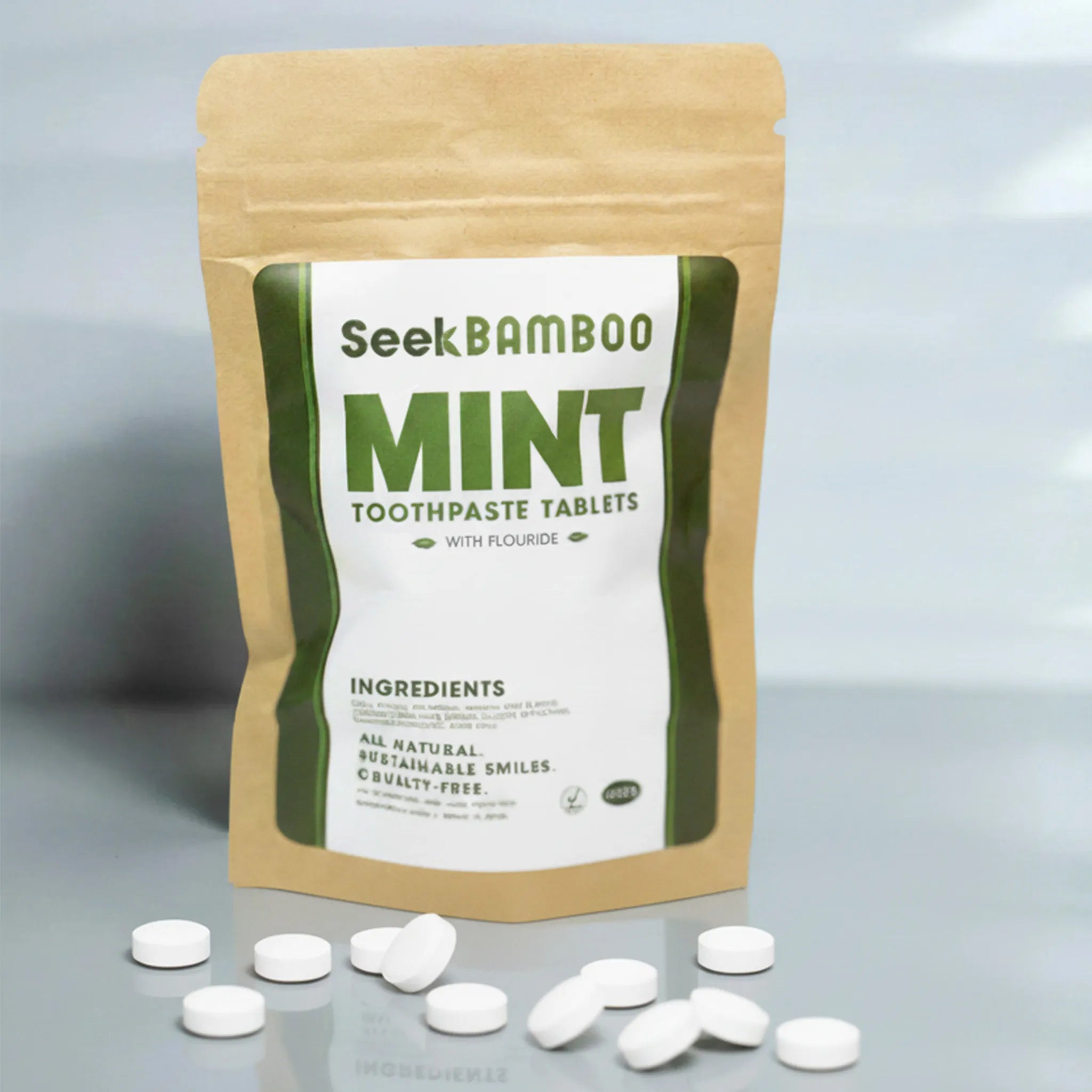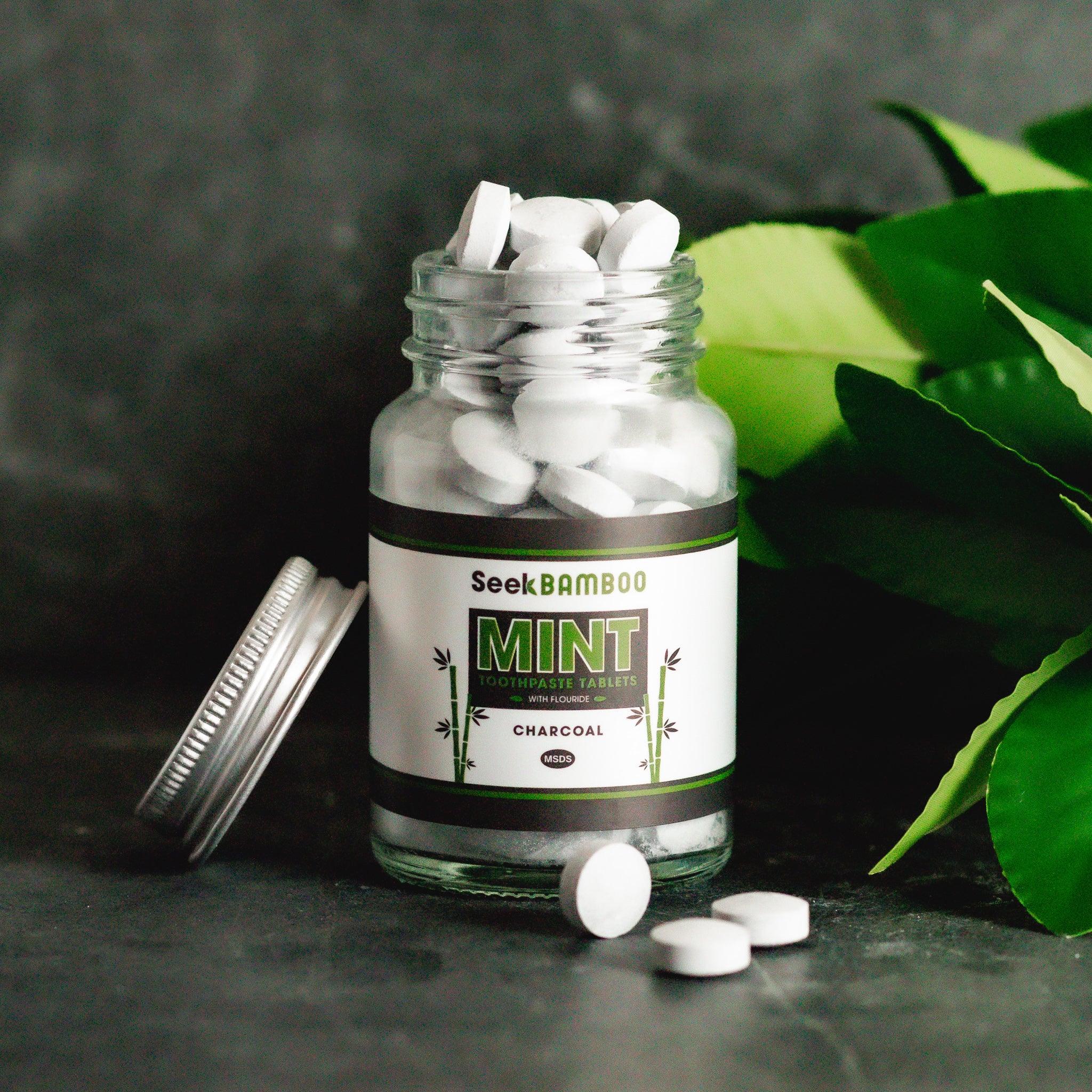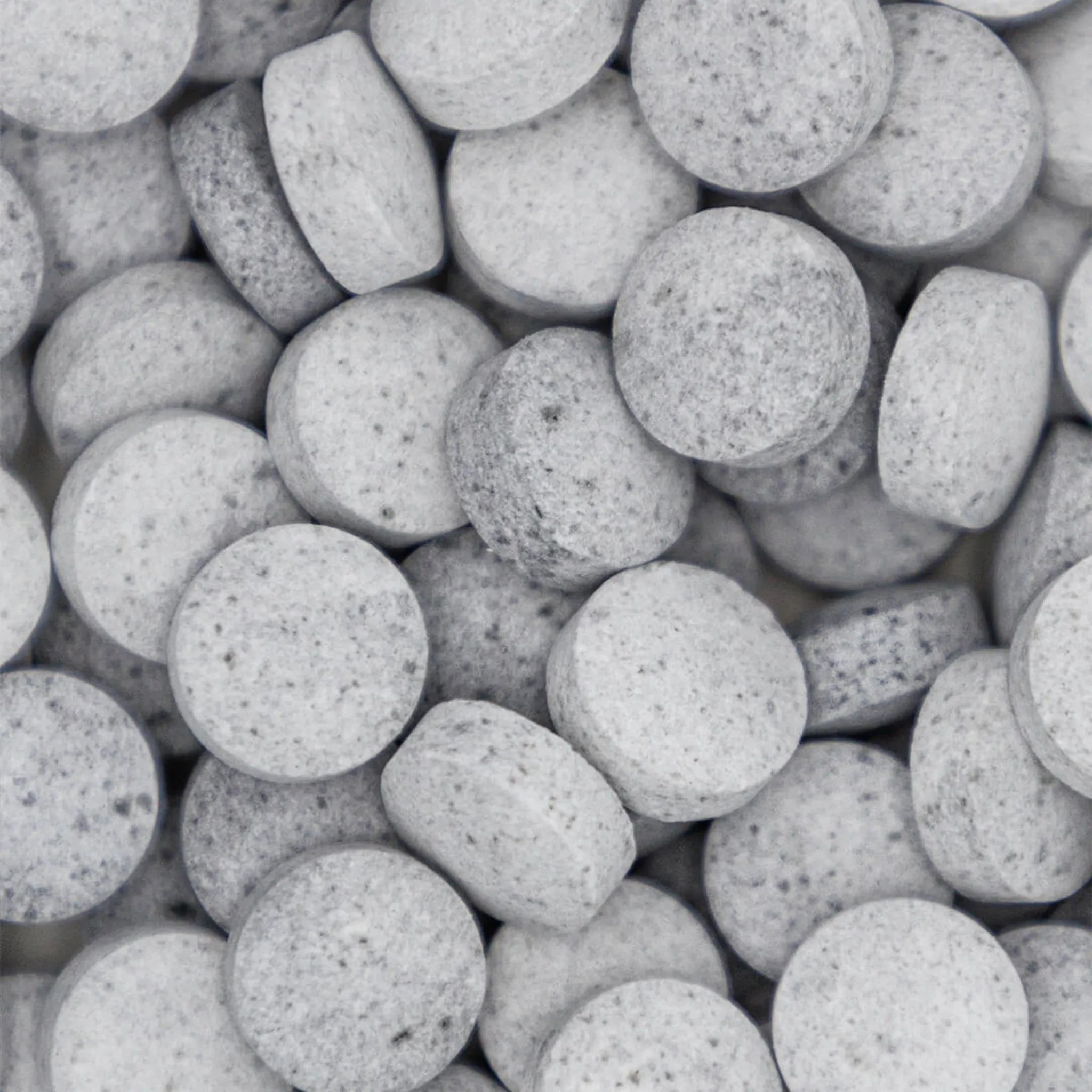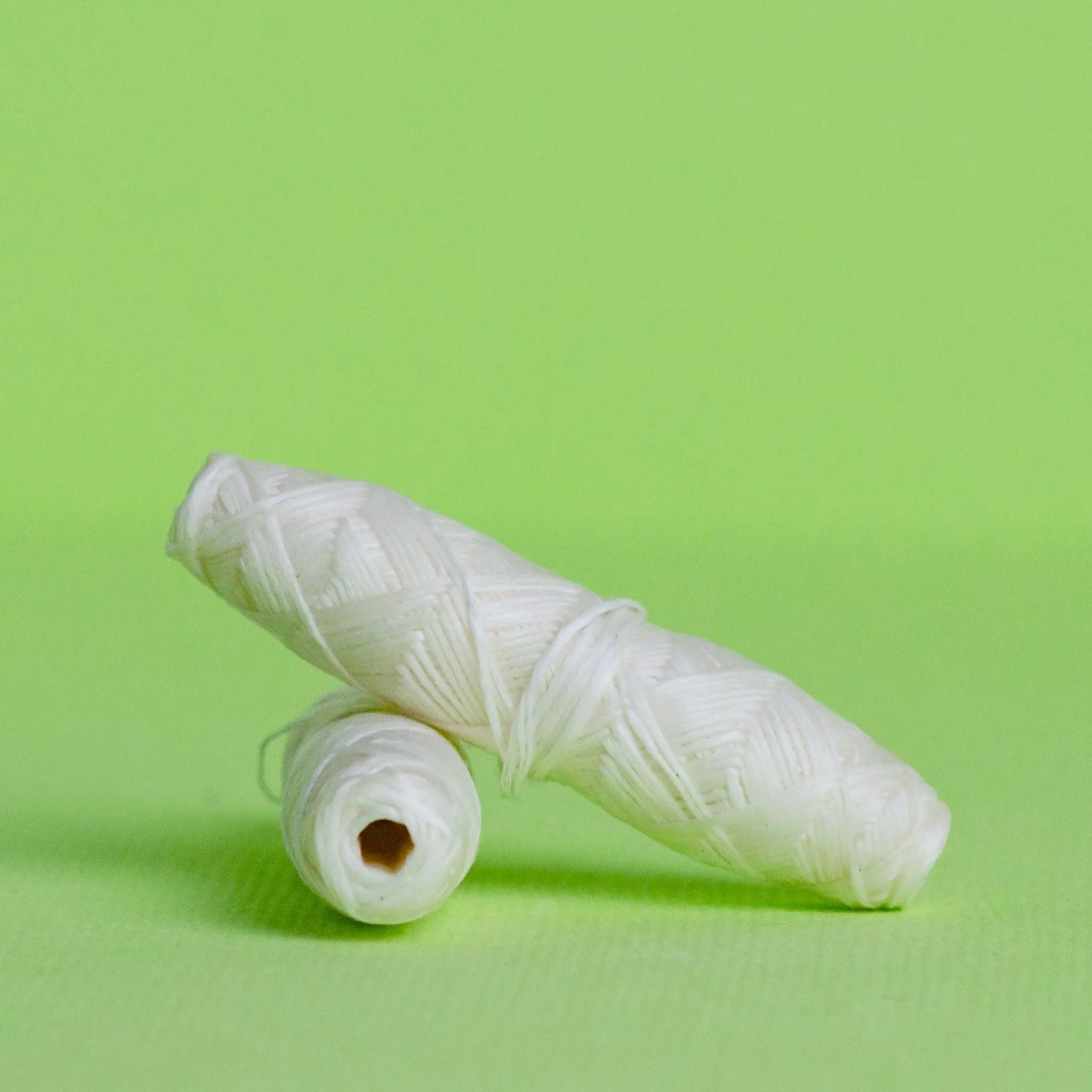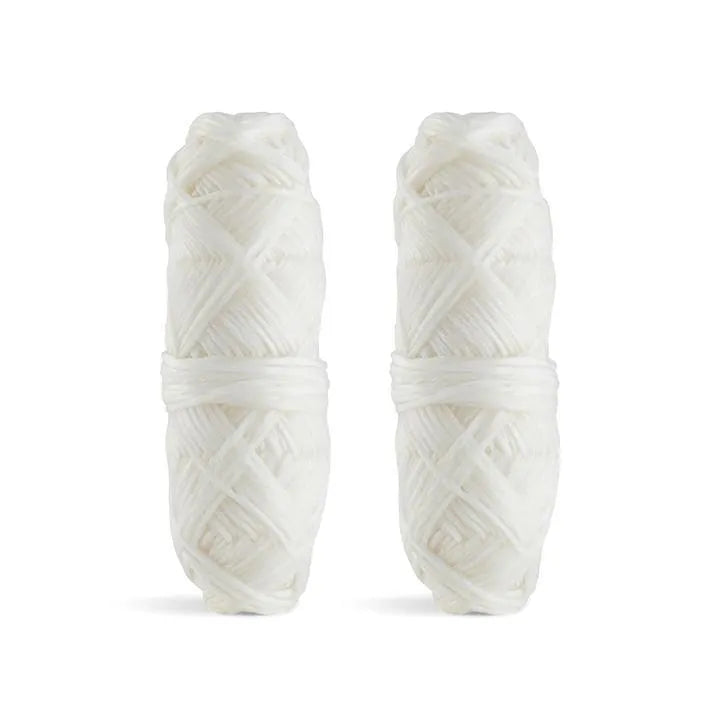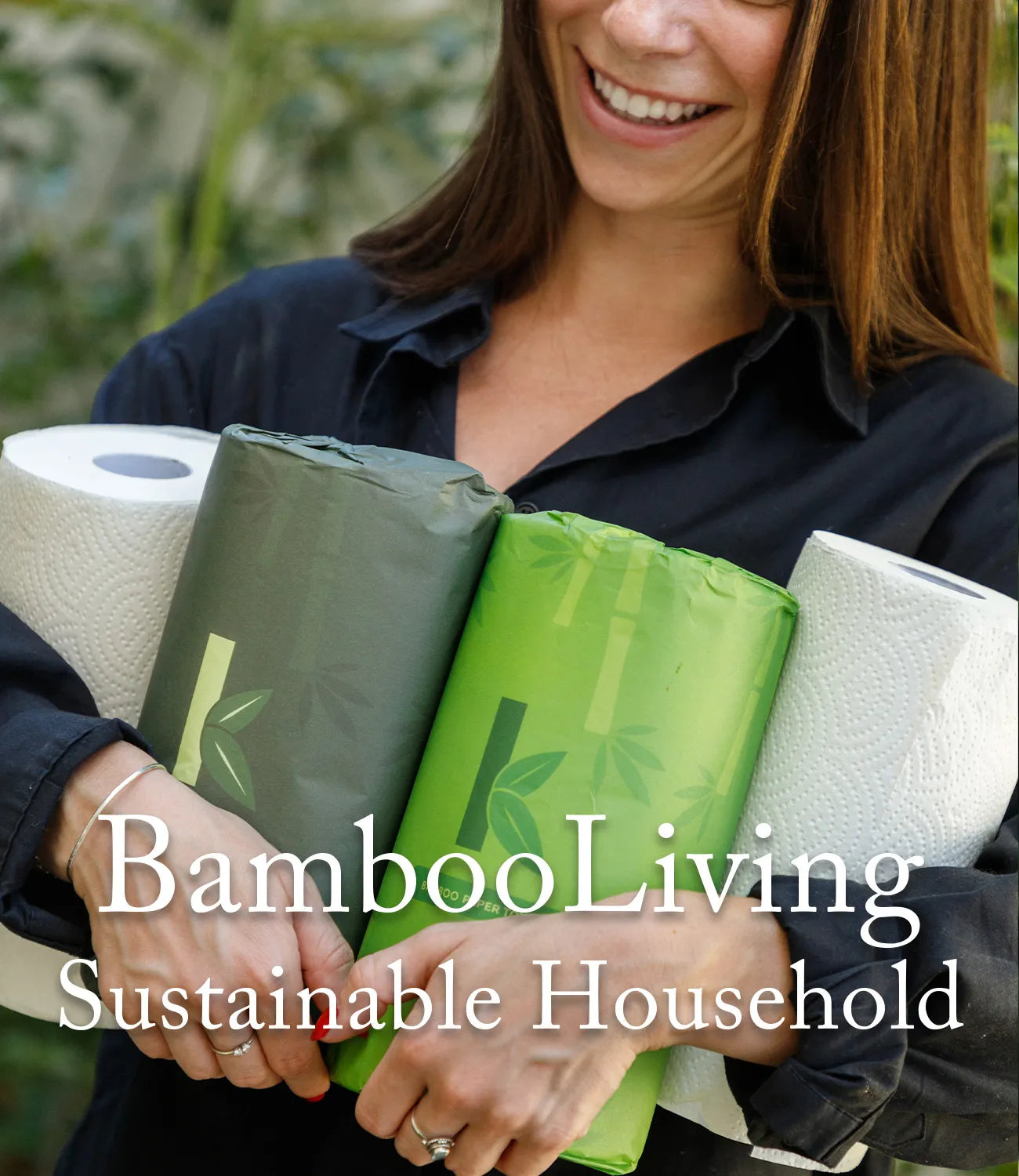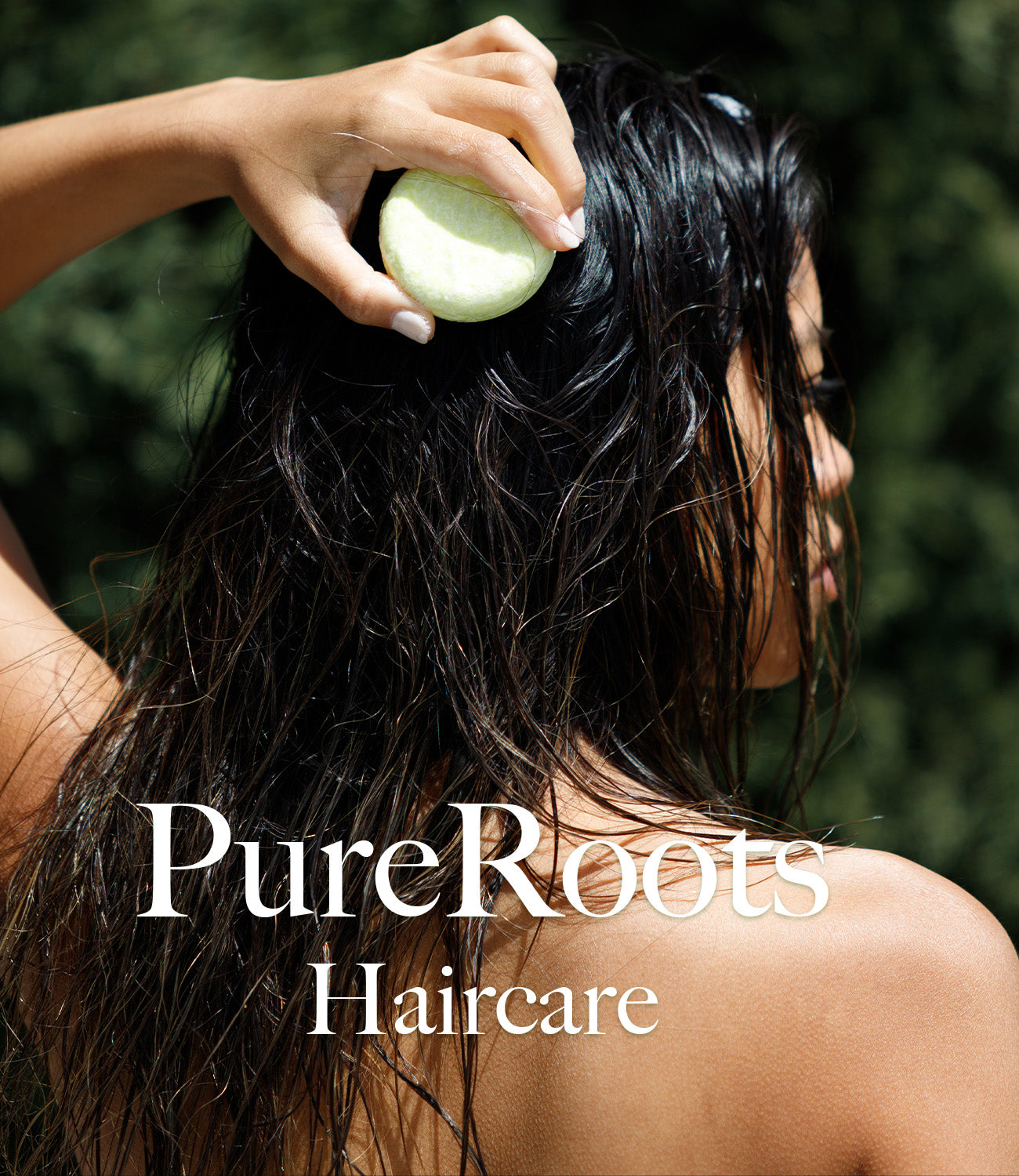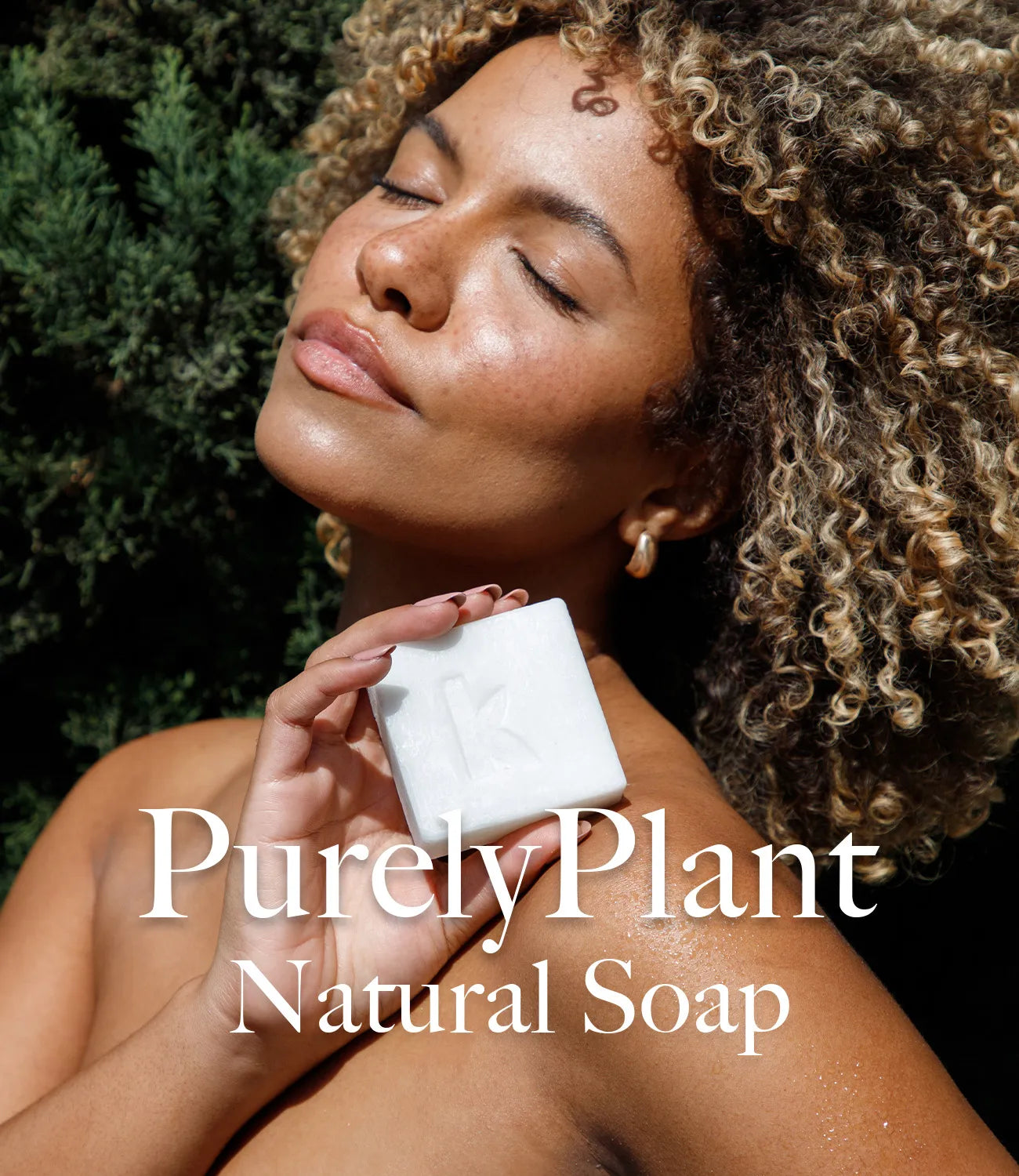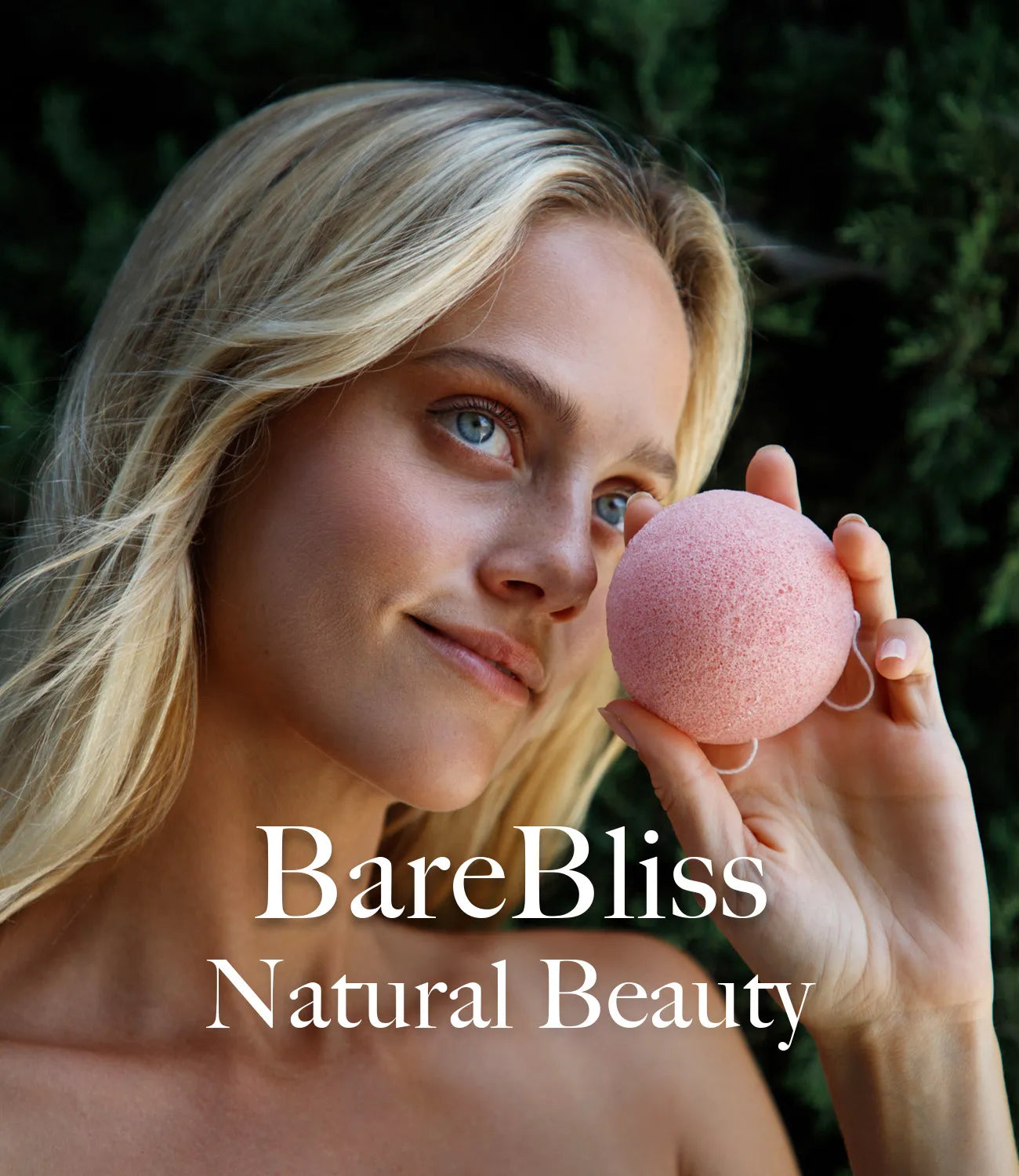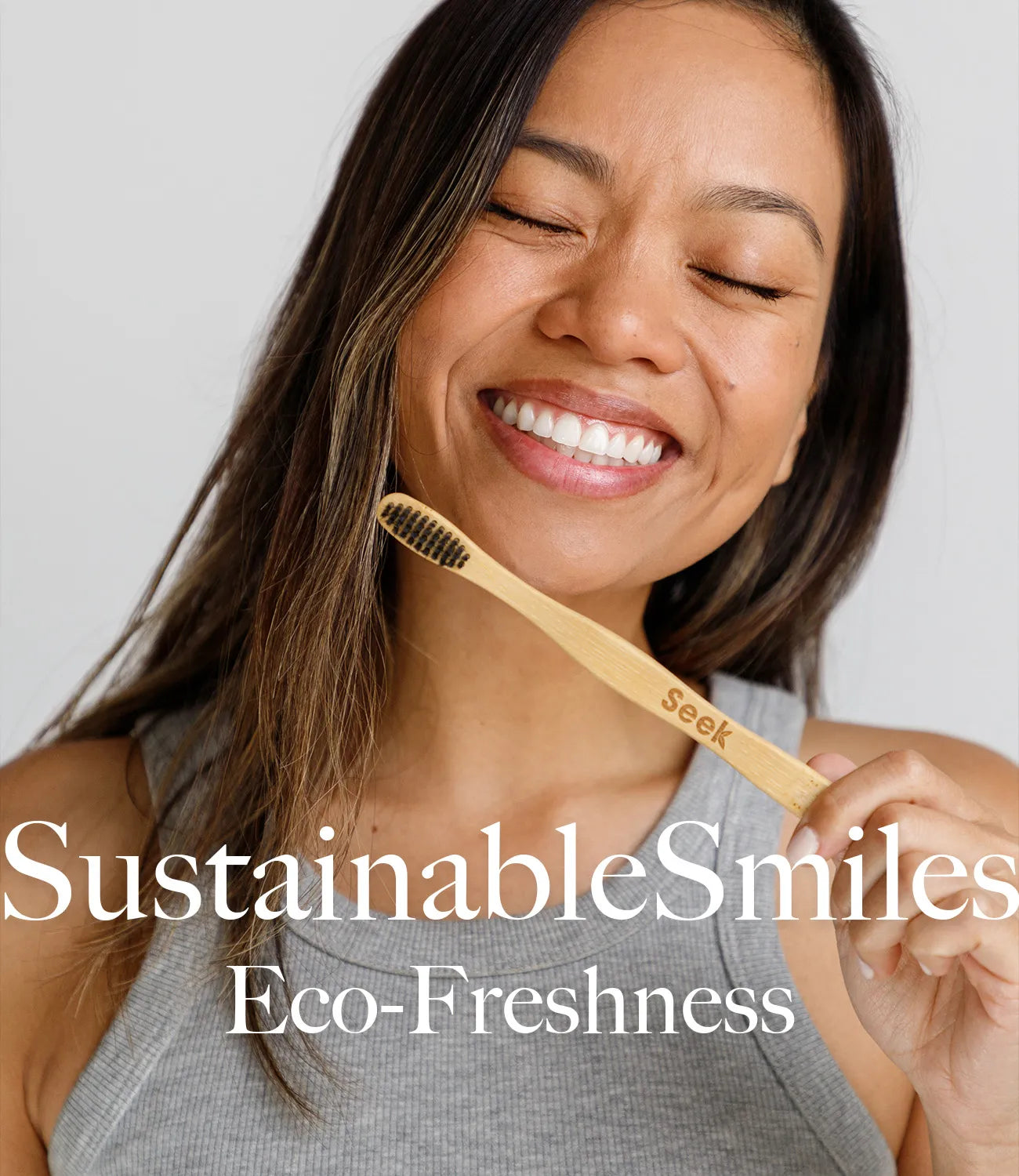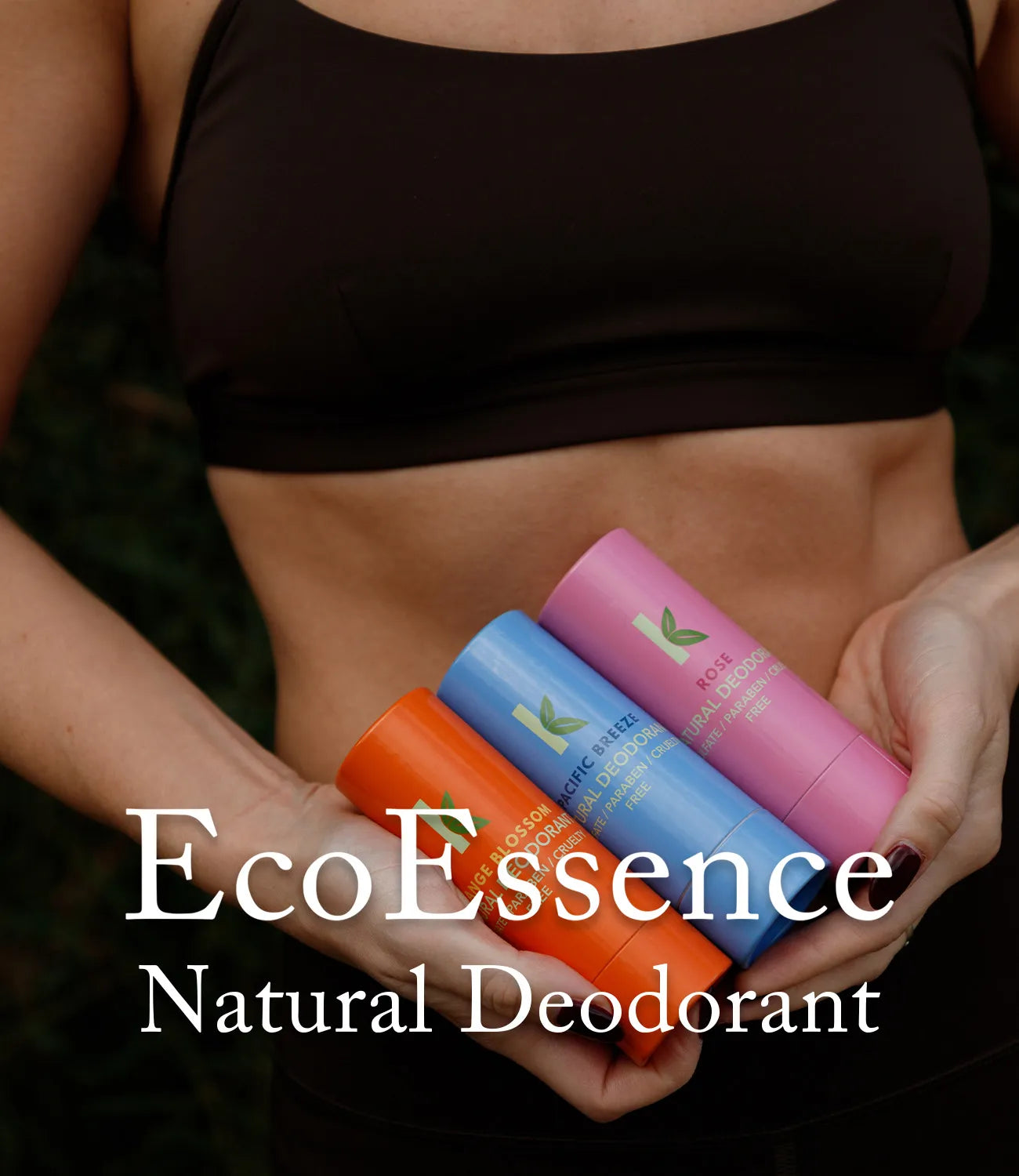Brushing our teeth is a twice-daily ritual for most, but it's rare that we pause to consider the environmental impact of the toothbrush in our hand. Eco-friendly toothbrushes are changing this narrative, offering a greener alternative to the millions of plastic brushes that end up in landfills every year. Crafted from sustainable materials such as bamboo, recycled plastics, and plant-based bristles, these toothbrushes are not just a nod to eco-consciousness; they're a direct response to the growing need for sustainable living practices. They challenge the norm of disposable plastic and open up a conversation about how even our most mundane daily tasks can be reimagined for the betterment of our planet. In this exploration of eco-friendly toothbrushes, we'll delve into the materials, the manufacturing processes, and the overall environmental footprint, contrasting them with traditional plastic brushes. By understanding the journey of these eco-conscious oral care tools, from their sustainable production to their biodegradable end-of-life, we'll see how they're not just beneficial for our dental hygiene but also instrumental in carving a path towards a more sustainable, less wasteful world.
Environmental Cost of Toothbrushes
The environmental toll of plastic toothbrushes is a topic often overlooked in the broader conversation about plastic pollution. Yet, these everyday items hold a significant place in the narrative of environmental degradation. Traditional plastic toothbrushes, predominantly made from a combination of plastic derived from non-renewable fossil fuels, rubber, and nylon, contribute to the ever-growing plastic waste crisis. The numbers paint a stark picture: it's estimated that over a billion toothbrushes are discarded annually in the United States alone, leading to approximately 50 million pounds of waste added to landfills each year. These toothbrushes don't just occupy space; they persist for centuries, slowly breaking down into microplastics which infiltrate ecosystems, water sources, and even our food chain. Moreover, the production process of these plastic toothbrushes itself is resource-intensive, contributing to carbon emissions and exacerbating climate change. This cycle of production, use, and disposal underscores a larger issue - the unsustainable nature of single-use plastics. By focusing on the humble toothbrush, we begin to unravel the complexities of our plastic dependency and its far-reaching impacts on the planet's health and our own.
Brushing with Sustainability
The shift towards eco-friendly toothbrushes has spurred innovation in sustainable materials, each with its unique benefits and limitations. Bamboo, a popular choice, stands out for its rapid growth and biodegradability. As a naturally antimicrobial material, bamboo handles offer a hygienic option that also reduces deforestation pressures, given bamboo's grass-like regeneration properties. However, the journey of bamboo from farm to bathroom shelf can raise questions about carbon footprint due to transportation. Another contender is biodegradable plastics, often derived from plant sources like corn starch. These materials promise a reduced environmental impact at the end-of-life stage, decomposing much faster than conventional plastics. Yet, the production process of biodegradable plastics can sometimes be resource-intensive, and their decomposition conditions are often specific and industrial. Lastly, there's a growing trend towards plant-based bristles, such as those made from castor oil plants, which offer a vegan and petroleum-free alternative to traditional nylon bristles. While these bristles are more sustainable, they often don’t decompose as readily as the handles, presenting a partial solution. Each material brings us closer to a more sustainable toothbrushing experience, but they also highlight the complexities and trade-offs inherent in our pursuit of truly eco-friendly products.
Eco-Friendly Toothbrushes
The landscape of eco-friendly toothbrushes presents a variety of options, each balancing factors like cost, durability, and accessibility in unique ways. High-end bamboo toothbrushes, for instance, are often sought after for their elegant design and superior biodegradability. Although they might be pricier, they cater to those who prioritize a blend of aesthetic appeal and environmental responsibility. On the more affordable side, toothbrushes made from recycled plastics provide a budget-friendly alternative. These are widely accessible and boast longer durability, but their decomposition process is not as eco-friendly as that of bamboo. Another intriguing category is upcycled toothbrushes, crafted from repurposed materials. These brushes offer an innovative approach with a unique backstory, but they can sometimes be harder to find. Meanwhile, biodegradable plastic toothbrushes strike a middle ground, offering reasonable prices and better environmental friendliness than traditional plastics, though they may not match the complete biodegradability of bamboo. Each type of eco-friendly toothbrush has its own set of advantages and trade-offs, and the ideal choice often depends on an individual's specific needs, values, and commitment to sustainable living.
Lifecycle of An Eco-Friendly Toothbrush
The lifecycle of an eco-friendly toothbrush is a journey that starkly contrasts with that of its traditional plastic counterpart, starting from production all the way to disposal. For a bamboo toothbrush, the story begins in a bamboo grove, where this fast-growing plant is harvested with minimal environmental impact. Bamboo's natural properties eliminate the need for harmful pesticides or fertilizers, making its cultivation more sustainable than the petroleum extraction required for plastic brushes. Once shaped into toothbrushes, these bamboo products have a similar usage lifespan to plastic ones, but it's at the disposal stage where they truly stand apart. Unlike plastic brushes that linger in landfills for centuries, bamboo handles can biodegrade in compost within a few years, returning to the earth without leaving a trace of pollution. Biodegradable plastics used in other eco-friendly toothbrushes also offer an improved disposal path over traditional plastics, breaking down more rapidly under the right conditions. However, they still require specific industrial composting facilities to achieve this. The bristles, often still made from nylon in both bamboo and biodegradable plastic toothbrushes, present a challenge as they typically don't biodegrade as readily, prompting some manufacturers to explore fully biodegradable alternatives. This lifecycle approach highlights the eco-friendly toothbrush's role in reducing environmental impact, offering a cleaner, greener alternative to the traditional, long-lasting plastic waste stream.
Repurpose Your Bamboo Toothbrush
As a bamboo toothbrush reaches the end of its primary life as an oral care tool, it embarks on a second act filled with possibilities, demonstrating the versatility and value of repurposing. One popular option is to transform it into a cleaning tool: the sturdy handle and bristles are ideal for scrubbing hard-to-reach spots in kitchen gadgets or for delicately cleaning jewelry. Garden enthusiasts can give these toothbrushes a new lease on life by using them as plant markers. Simply write the name of the plant on the handle and stick it in the pot or garden bed – a perfect blend of functionality and sustainability. For the creatively inclined, bamboo toothbrushes can be a crafting treasure. They can be painted, cut, and glued, turning them into components of homemade decorations or even small art projects. In children's hands, these toothbrushes can become educational tools or characters in imaginative play, especially after a bit of decoration. Additionally, for those who practice minimal waste, using old toothbrushes for shoe cleaning or keyboard dusting ensures every bit of the toothbrush's life is utilized. Each of these repurposing ideas not only extends the life of the bamboo toothbrush but also reduces waste, underscoring the ethos of sustainable living by finding new uses for items that would otherwise be discarded.
Eco-Trends: Bamboo Toothbrushes
How Eco Toothbrushes are Changing the Game
Are eco-friendly toothbrushes as effective as regular plastic ones?
Absolutely. Eco-friendly toothbrushes are designed to meet the same oral hygiene standards as conventional plastic toothbrushes. The primary difference lies in the materials used, not in the effectiveness of cleaning. Bamboo toothbrushes, for example, often use nylon bristles which are comparable in cleaning efficacy to those found on plastic toothbrushes. The key is to choose a toothbrush with soft bristles and to brush effectively, as recommended by dental professionals.
How long do eco-friendly toothbrushes last?
The lifespan of an eco-friendly toothbrush is generally comparable to that of a regular plastic toothbrush. Dental professionals recommend replacing any toothbrush every 3-4 months, or sooner if the bristles become frayed. While the handle of a bamboo toothbrush, for instance, can last much longer, for hygiene purposes it’s best to stick to this timeline.
Can I compost my eco-friendly toothbrush?
This depends on the materials. Bamboo handles are compostable in a home composting system. However, most toothbrush bristles, even on eco-friendly models, are made from nylon or other non-compostable materials and need to be removed before composting the handle. Some newer models come with bristles made from biodegradable materials, but often these require industrial composting facilities.
How do I dispose of my eco-friendly toothbrush responsibly?
For bamboo toothbrushes, remove the bristles with pliers and compost the handle. If the bristles are biodegradable, they can also be composted in an industrial setting; otherwise, they should be disposed of in regular waste. For toothbrushes made from biodegradable plastics, check the manufacturer's instructions, as some may require industrial composting facilities.
Are bamboo toothbrushes antimicrobial?
Bamboo itself has natural antimicrobial properties, which is one reason it's popular for toothbrush handles. However, it's important to note that this doesn't make the toothbrush completely germ-free. Regular cleaning and replacing the toothbrush every 3-4 months is still necessary for maintaining good oral hygiene.

Switch To Eco-Friendly Floss
Switch to eco-friendly floss for a greener, healthier smile. Click to learn the benefits and make a positive impact!
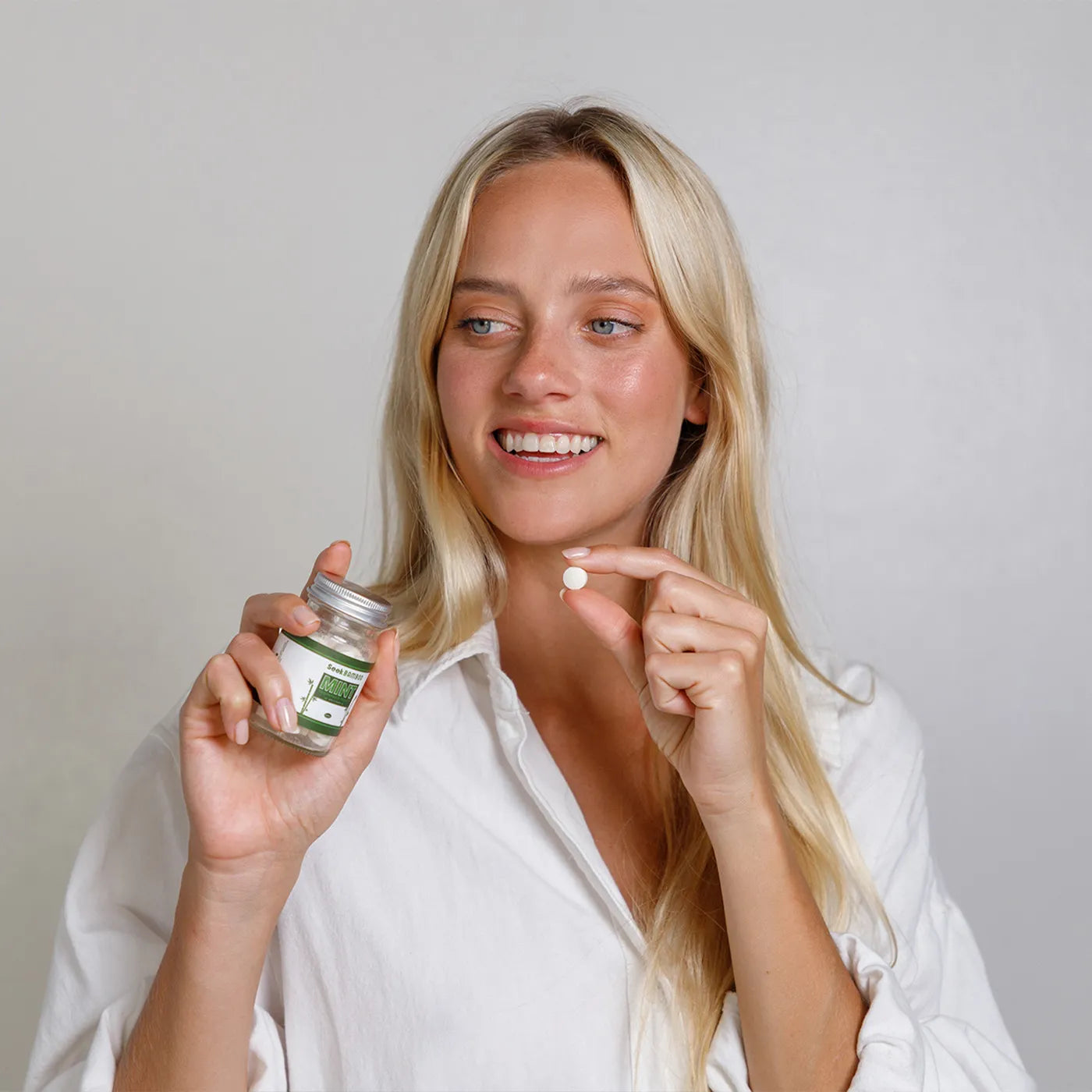
Plastic-Free Toothpaste
Discover the benefits of toothpaste tablets for a cleaner, greener smile. Click to find out why they're the future of oral care!


